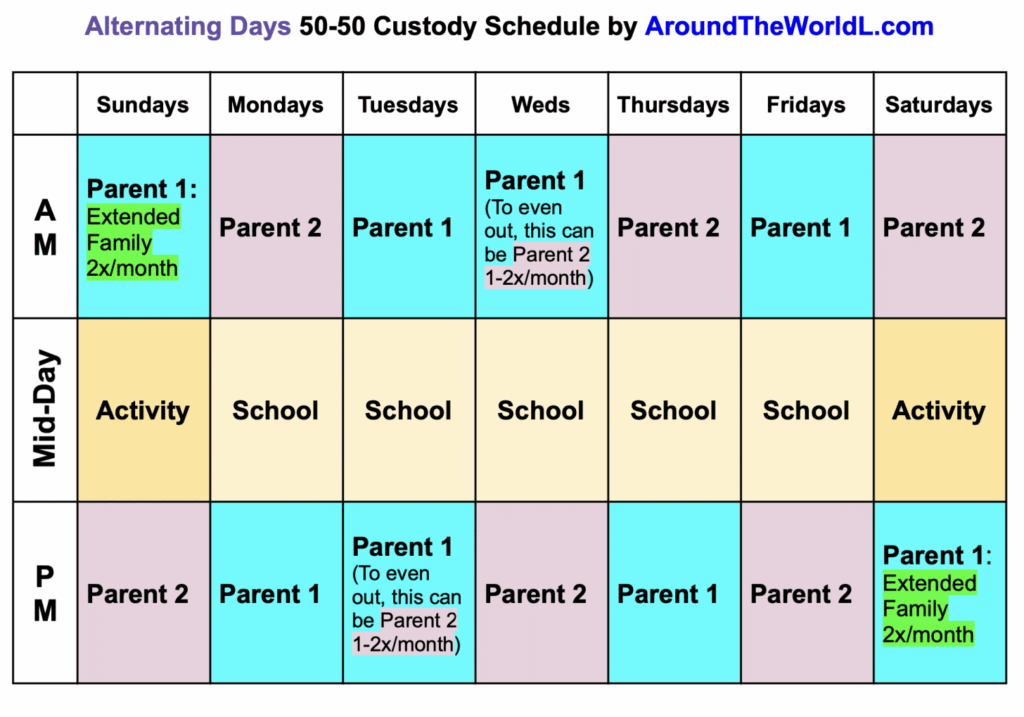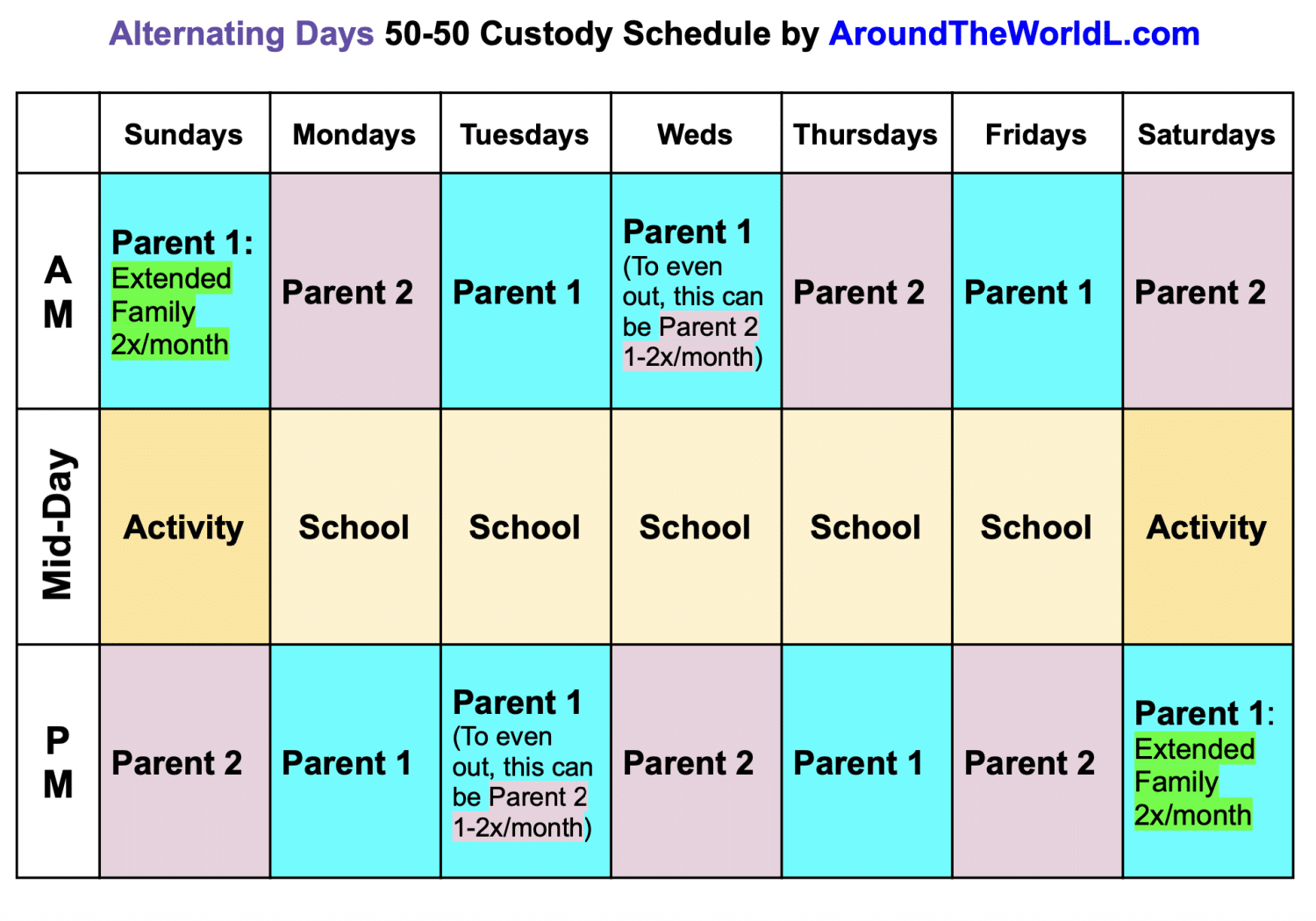
Parenting 18 Year Olds: Navigating Independence and Adulthood
Parenting an 18-year-old marks a significant transition for both parent and child. As they legally become adults, the dynamics shift, requiring a new approach to guidance, support, and communication. This article explores the challenges and opportunities of parenting 18 year olds, offering practical advice on fostering independence while maintaining a supportive and healthy relationship. Understanding this phase is crucial for ensuring a smooth transition into adulthood for your child and for preserving a strong bond as they navigate their newfound freedoms.
Understanding the Developmental Stage
Eighteen is a pivotal age. While legally adults, 18 year olds are still developing, particularly in areas like impulse control and decision-making. The prefrontal cortex, responsible for these functions, isn’t fully mature until around age 25. This means that while they may crave independence, they still need guidance and support. Understanding this developmental reality can help parents approach situations with empathy and patience. Recognizing that mistakes are part of the learning process is key. They are on the cusp of adulthood, testing boundaries and forming their identities. Effective parenting at this stage involves a delicate balance of granting autonomy and providing a safety net.
Cognitive and Emotional Changes
Cognitively, 18 year olds are capable of more abstract thought and critical analysis. They are forming their own opinions and challenging long-held beliefs. Emotionally, they may experience a wide range of feelings, from excitement about the future to anxiety about the responsibilities that come with adulthood. Their peer group continues to be influential, but they are also starting to define themselves as individuals, separate from their family and friends. Open communication is essential during this period. Create a safe space for them to express their thoughts and feelings without judgment.
Social and Identity Development
Socially, 18 year olds are navigating complex relationships and exploring their place in the world. They may be starting college, entering the workforce, or taking a gap year. These experiences expose them to diverse perspectives and challenge their existing beliefs. Identity development is a central task of this stage. They are figuring out who they are, what they believe in, and what they want to achieve in life. Support their exploration and encourage them to pursue their passions. Avoid imposing your own expectations or dreams on them.
Key Challenges in Parenting 18 Year Olds
Parenting 18 year olds comes with its own unique set of challenges. Balancing independence with continued support, managing expectations, and navigating financial responsibilities are just a few of the hurdles parents may face. Recognizing these challenges and developing strategies to address them can lead to a more harmonious and fulfilling relationship with your young adult child.
Balancing Independence and Support
One of the biggest challenges is finding the right balance between granting independence and providing support. 18 year olds need the freedom to make their own choices, even if those choices lead to mistakes. However, they also need to know that they can rely on their parents for guidance and assistance when needed. This balance will look different for every family and every individual. Consider their maturity level, their past experiences, and their current goals when deciding how much independence to grant. Open communication and clear expectations are crucial. Set boundaries and consequences, but also be flexible and willing to adjust as they demonstrate responsibility.
Managing Expectations
Parents often have expectations for their children, both in terms of their academic or career paths and their personal lives. However, it’s important to remember that 18 year olds are forging their own paths and may not always align with their parents’ expectations. Managing these expectations is crucial for maintaining a healthy relationship. Focus on supporting their goals and aspirations, even if they differ from your own. Avoid putting undue pressure on them to conform to your expectations. Celebrate their successes and offer encouragement during setbacks.
Financial Responsibilities
Financial independence is a major milestone for 18 year olds. However, many young adults still rely on their parents for financial support, at least to some extent. Navigating these financial responsibilities can be challenging. Have open and honest conversations about money. Discuss your expectations for their financial contributions, whether it’s paying for their own expenses, contributing to household bills, or saving for the future. Teach them about budgeting, saving, and investing. Encourage them to take on part-time jobs or internships to gain financial experience. Gradually transition them to greater financial independence as they become more capable and responsible.
Strategies for Effective Parenting of 18 Year Olds
Effective parenting of 18 year olds requires a shift in mindset and approach. It’s no longer about dictating rules and enforcing consequences. It’s about fostering independence, providing guidance, and building a strong, supportive relationship. Here are some strategies that can help:
Open Communication
Open communication is the cornerstone of any healthy relationship, especially with 18 year olds. Create a safe space for them to share their thoughts, feelings, and experiences without judgment. Listen actively and empathetically. Ask open-ended questions and encourage them to elaborate on their responses. Avoid interrupting or offering unsolicited advice. Show genuine interest in their lives and perspectives. Regular conversations, even brief ones, can help maintain a strong connection.
Setting Boundaries and Expectations
While 18 year olds need independence, they also need boundaries and expectations. These boundaries should be reasonable, clearly defined, and consistently enforced. Discuss these boundaries with your child and explain the reasoning behind them. Be open to negotiation and compromise, but also stand firm on non-negotiable issues. Consequences for violating boundaries should be fair and consistently applied. Remember that boundaries are not about control; they are about providing structure and guidance.
Providing Support and Guidance
Even though 18 year olds are legally adults, they still need support and guidance. Offer your expertise and experience when they seek it, but avoid imposing your opinions or solutions. Encourage them to explore different options and make their own decisions. Be a sounding board for their ideas and a source of encouragement during challenging times. Help them develop problem-solving skills and build confidence in their abilities. Offer practical assistance when needed, such as helping them with college applications, job searches, or financial planning. [See also: College Application Process for High School Seniors]
Fostering Independence
The ultimate goal of parenting 18 year olds is to foster their independence. Encourage them to take responsibility for their own lives and make their own decisions. Support their pursuit of education, career, and personal goals. Help them develop essential life skills, such as cooking, cleaning, budgeting, and managing their time. Gradually reduce your level of involvement in their lives as they demonstrate greater responsibility and competence. Celebrate their achievements and acknowledge their growth. Remind them that you are proud of them and that you believe in their ability to succeed. Parenting 18 year olds also involves allowing them to experience the natural consequences of their actions, even if those consequences are negative. Learning from mistakes is an essential part of becoming an independent and responsible adult.
Common Issues and How to Address Them
Several common issues can arise when parenting 18 year olds. Addressing these issues effectively requires understanding, empathy, and open communication.
College and Career Choices
Choosing a college or career path is a major decision for 18 year olds. They may feel pressured to make the right choice, and parents may have strong opinions about what they should do. It’s important to approach this decision with sensitivity and respect. Encourage your child to explore their interests and consider their strengths and weaknesses. Help them research different options and weigh the pros and cons. Avoid imposing your own preferences or expectations on them. Support their decision, even if it differs from your own. [See also: Choosing the Right College Major]
Relationships and Dating
Relationships and dating can be a source of both joy and stress for 18 year olds. They may be navigating new romantic relationships, dealing with heartbreak, or experiencing peer pressure to engage in sexual activity. It’s important to have open and honest conversations about relationships, dating, and sexuality. Discuss healthy relationship dynamics, consent, and responsible decision-making. Offer your support and guidance, but avoid being overly intrusive or judgmental. Encourage them to seek advice from trusted adults or professionals if they are struggling with relationship issues. Parenting 18 year olds also means respecting their privacy and allowing them to make their own choices, even if you don’t agree with them.
Mental Health Concerns
Mental health issues are increasingly prevalent among young adults. 18 year olds may experience anxiety, depression, stress, or other mental health challenges. It’s important to be aware of the signs and symptoms of mental health problems and to seek professional help if needed. Encourage your child to talk about their feelings and concerns. Create a supportive and non-judgmental environment. Help them access mental health resources, such as therapy, counseling, or support groups. Remember that mental health is just as important as physical health.
The Long-Term Benefits of Effective Parenting
Effective parenting of 18 year olds can have long-term benefits for both the parent and the child. It can strengthen the relationship, foster independence, and promote success in adulthood.
Stronger Parent-Child Relationship
By fostering open communication, providing support, and respecting their independence, you can build a stronger and more fulfilling relationship with your 18-year-old child. This relationship will be based on mutual respect, trust, and understanding. It will be a source of strength and support for both of you throughout your lives. Parenting 18 year olds effectively lays the foundation for a healthy and lasting adult-to-adult relationship.
Increased Independence and Responsibility
By encouraging independence and responsibility, you can help your child develop into a confident and capable adult. They will be better equipped to handle the challenges of adulthood and to achieve their goals. They will be more likely to be successful in their careers, relationships, and personal lives. Parenting 18 year olds with a focus on independence empowers them to thrive.
Greater Success in Adulthood
By providing support, guidance, and encouragement, you can help your child achieve greater success in adulthood. They will be more likely to pursue their passions, make positive contributions to society, and live fulfilling lives. They will be grateful for your support and guidance, and they will cherish the relationship you have built. Parenting 18 year olds is an investment in their future and in your own well-being.
In conclusion, parenting 18 year olds requires a delicate balance of support and independence. By understanding the developmental stage, addressing common challenges, and implementing effective strategies, parents can help their children transition into adulthood successfully while maintaining a strong and healthy relationship. The key is to foster open communication, set reasonable boundaries, and provide unwavering support as they navigate this exciting and transformative period of their lives. Remember, parenting 18 year olds is not an end, but a new beginning – a transition to a different kind of relationship, one based on mutual respect and adult-to-adult understanding.

